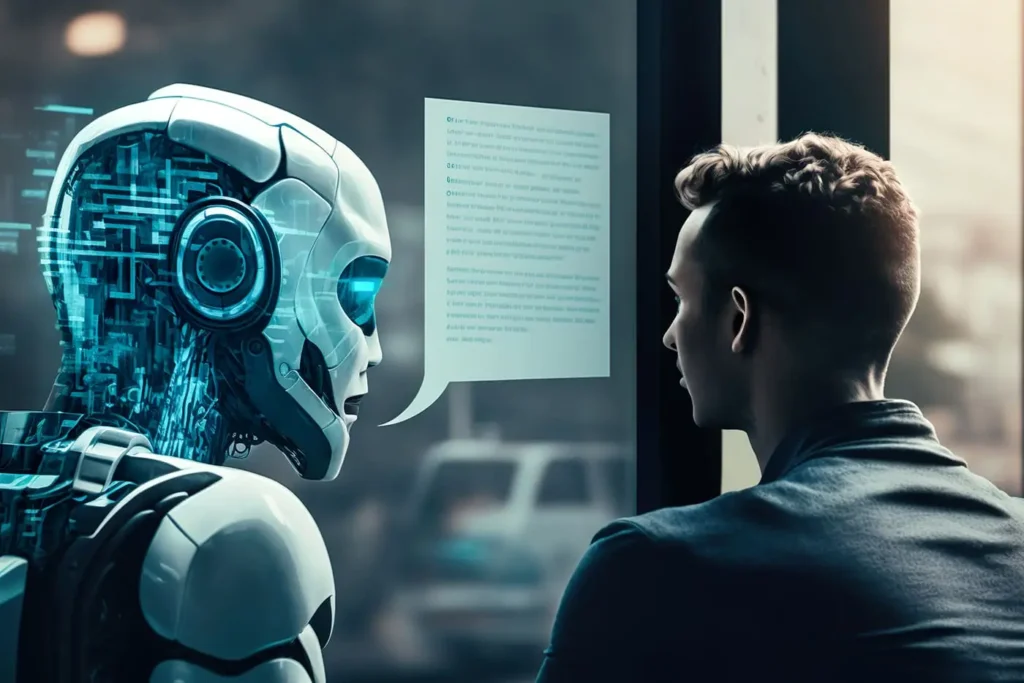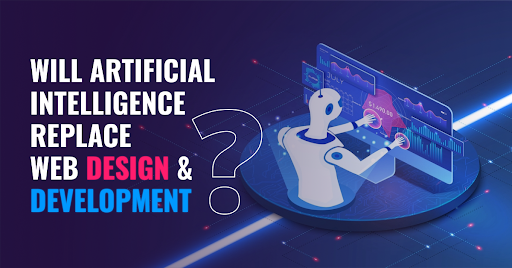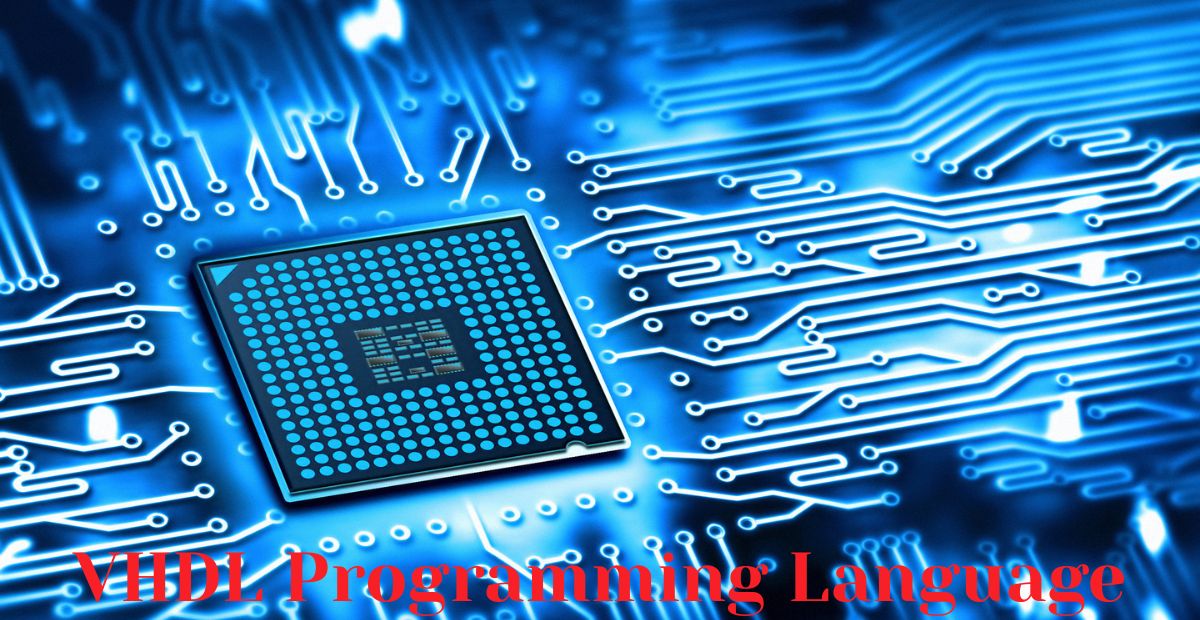Introduction
Artificial Intelligence (AI) has made staggering advancements in recent years, with tools like ChatGPT, GitHub Copilot, and Google Gemini automating parts of the coding process. This has led to a burning question:
“Will AI replace programmers?”
Some fear that AI will make human coders obsolete, while others believe it will only enhance productivity. In this in-depth analysis, we’ll separate fact from hype, exploring:
- How AI is currently used in programming
- The limitations of AI in software development
- Why programmers are still irreplaceable
- How developers can adapt to stay ahead
By the end, you’ll have a clear understanding of whether AI is a threat or a tool for programmers.
How AI is Changing Programming Today

AI-Powered Coding Assistants
Tools like GitHub Copilot, Amazon CodeWhisperer, and Tabnine use AI to:
- Autocomplete code (like an advanced IntelliSense)
- Generate boilerplate code (reducing repetitive tasks)
- Debug and optimize existing code
Example: A developer typing “sort a list in Python” might get an instant AI-generated snippet.
Automated Code Generation
Platforms like OpenAI’s Codex and ChatGPT can:
- Write basic scripts (e.g., Python data analysis)
- Convert natural language to code (“Create a login page in React”)
- Explain complex code in simple terms
AI in Testing & Debugging
AI-driven tools (DeepCode, Snyk, and Testim.io) help:
- Detect bugs and security vulnerabilities
- Auto-generate test cases
- Optimize performance
Why AI Won’t Replace Programmers (Yet)
Despite AI’s impressive abilities, human programmers remain essential. Here’s why:
1. AI Lacks Creativity & Problem-Solving
- AI can only replicate existing patterns (no true innovation).
- Complex problem-solving (e.g., designing a new algorithm) still requires human intuition.
2. AI Struggles with Context & Business Logic
- AI may generate technically correct but logically flawed code.
- It doesn’t understand business requirements, user experience (UX), or edge cases.
3. Debugging AI-Generated Code Can Be Harder
- AI might produce spaghetti code that’s difficult to maintain.
- Without human oversight, AI can introduce security risks.
4. Ethical & Legal Concerns
- Who owns AI-generated code? (Copyright issues)
- Bias in AI models can lead to flawed software.
The Future: AI as a Programmer’s Assistant, Not a Replacement
Instead of replacing programmers, AI will likely augment their skills:
1. Faster Development Cycles
- AI handles repetitive tasks, letting developers focus on architecture & innovation.
2. Upskilling Opportunities
- Programmers who master AI-assisted coding will have a competitive edge.
3. New Job Roles Emerging
- “AI Code Reviewers” – Ensuring AI-generated code is production-ready.
- “Prompt Engineers” – Experts in guiding AI to write better code.
4. How Programmers Can Stay Ahead
To remain valuable in an AI-driven world, developers should:
- Learn AI-Assisted Tools (GitHub Copilot, ChatGPT for coding)
- Focus on High-Level Design (AI can’t replace system architects)
- Develop Soft Skills (Collaboration, problem-solving, UX design)
- Specialize in Niche Fields (Cybersecurity, AI ethics, quantum computing)
Conclusion: AI is a Tool, Not a Threat
While AI is transforming programming, it won’t replace human developers anytime soon. Rather, it will:
- Automate repetitive tasks
- Speed up development
- Demand new skills
Future success will be enjoyed by programmers who accept AI as a partner rather than a rival.
FAQ’s Section
How accurate is AI-generated code?
Which programming jobs are safest from AI?
Can AI replace senior developers?
Is learning to code still worth it in 2025?
What’s the biggest limitation of AI in coding?
Will AI reduce software developer salaries?
How do I make my code AI-proof as a programmer?
Are no-code tools and AI the same threat?
Which AI coding tool is best for beginners?
Should I use AI-generated code in production?
Discover how AI is reshaping the world of programming enhancing developer productivity while creating new opportunities for innovation. Follow Infinity Logic for insights on the future of AI-driven software development and the evolving role of coders in this new era.





